We are delighted to announce an extension of our partnership with the National ID Program of the Federal Democratic Republic of Ethiopia (NIDP), through an MoU.
The partnership will enable the NIDP to perform extensive field tests and a pilot rollout with a goal of 100,000 registrations using the Ethiopian National ID solution. It will also enable the assessment of the Ethiopian ID solution’s potential to improve efficiency, transparency, and targeted delivery of public and social services, by implementing crucial use cases.
The Government of Ethiopia and IIIT Bangalore entered into a partnership in June 2020 for a pilot implementation of MOSIP, yielding impressive results, both in a lab setting and during field tests. The NIDP has undertaken important customisations, updates, and extensions to MOSIP to suit Ethiopian requirements, with technical assistance from the MOSIP team.
This renewed partnership will focus on integration testing with external systems, field testing of authentication frameworks, reference implementation of digital ID use cases, and overall operational testing through a progressive rollout.
Speaking on behalf of NIDP, Mr Yodahe A. Zemichael (Executive Director), said:
“We have been working on the MOSIP platform for more than one-and-a-half years and customising it to the Ethiopian context. We re-named this ID Management platform Fayda (id.et/idservices). We believe that it is a digital public good, allowing true technology ownership for National Identification, which is a critical infrastructure element. We hope our partnership with MOSIP will be bi-directional, where NIDP also enriches MOSIP's platform and its global base. We appreciate the close support provided by IIIT-B and the MOSIP team during this time and we look forward to more.”
Speaking on behalf of IIIT-Bangalore and MOSIP, Prof. Rajagopalan, President of MOSIP, said:
“We are encouraged by the systematic vision of the NIDP towards establishing digital ID as a fundamental building block for governance. Ethiopia can lead by example for the rest of Africa and the world on how to establish a secure, privacy-preserving, and inter-operable digital ID system. We look forward to continued progress on this critical project and will extend all the support required to see it to fruition.”
For all details on this milestone, visit NIDP’s official website (https://id.gov.et).
MOSIP (Modular Open-Source Identification Platform) was incubated at IIIT-Bangalore as a global digital public good. The platform’s modular architecture, easy configuration, and customisation abilities, enables countries the flexibility to build their foundational digital ID systems in a cost-effective manner.
MOSIP was built on a strong bedrock of principles for security and privacy. The use of open standards and open-source code ensures that MOSIP is agnostic to specific applications, programming languages, and platforms, and actively works towards avoiding vendor lock-in.
Funded by the Bill & Melinda Gates’ Foundation, Tata Trust, Omidyar Networks, and NORAD, the platform is being adopted by the Philippines, Morocco, and Togo, and piloted at Sri Lanka, Ethiopia and Guinea.
IIIT-Bangalore is a premier educational institute, located in the heart of Electronic City, Bangalore, India. Focused on Post-Graduate IT education and research, it contains state-of-the-art infrastructure, world-class faculty, a vibrant alumni community, cutting-edge research facilities, and close industry collaborations.
The institute’s specially-designed courses ensure that students are cognisant of current technologies and practices, thereby equipping them with the tools and knowledge to solve real-world, contemporary problems. Since the founding of the institute in 1999, IIIT-B has enjoyed 100% placement every year, on account of the strong support of the industry and the growing base of talented alumni.
The objective of the National ID Program is to realise a robust, forward looking and digital ID system for the nation. The vision is to “Build a foundational identification platform for Ethiopia, proving that an individual is who he/she claims to be, in a secure, electronic and sustainable way, to support individual identity use cases for both citizens and legal residents of Ethiopia by 2025.”
NIDP targets to enrol 70 million residents in that time period, while offering digital authentication to service providers in the public, private, finance and social services across Ethiopia. As per the 2030 African Union digital agenda, NIDP aspires to become interoperable with other continental Identification schemes in the medium-term. For all details of this milestone, visit NIDP’s official website (https://id.gov.et/decks).



